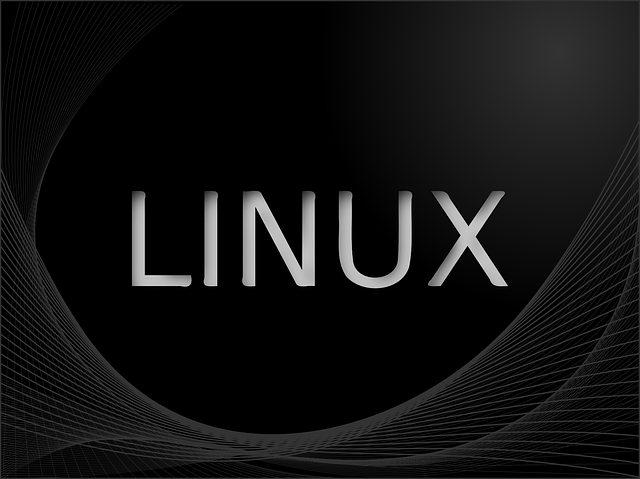Oracle wants someone else to lead enterprise Java, though it says it will stay involved. Apache and Eclipse are likely candidates to take over Java EE.
Oracle wants to end its leadership in the development of enterprise Java and is looking for an open source foundation to take on the role.
The company said today that the upcoming Java EE (Enterprise Edition) 8 presents an opportunity to rethink how the platform is developed. Although development is done via open source with community participation, the current Oracle-led process is not seen agile, flexible, or open enough. ”We believe that moving Java EE technologies to an open source foundation may be the right next step, to adopt more agile processes, implement more flexible licensing and change the governance process,” Oracle said in a statement.
In the past, James Gosling, considered the father of Java, has urged Oracle to free Java, and he even offered T-shirts urging this move.
Oracle plans to explore its desire to offload Java EE with the open source community, licensees, and candidate foundations. Although Oracle has not named possible candidates, the Apache Software Foundation and the Eclipse Foundation are likely possibilities. Oracle has already donated the OpenOffice productivity suite and the NetBeans IDE to Apache, and the Hudson integration server to Eclipse. Like Java, all three technologies—OpenOffice, NetBeans, and Hudson—were acquired in Oracle’s 2010 acquisition of Sun Microsystems.
Eclipse is ready to take on Java EE if chosen. “We believe that moving Java EE to a vendor-neutral open source foundation would be great for both the platform and the community,” said Eclipse Executive Director Mike Milinkovich. “If asked to so, the Eclipse Foundation would be pleased to serve as the host organization.”
Last year, Oracle was under fire in the Java EE community for a perceived disinterest and retreat from Java EE, leading multiple groups to propose tackling Java EE development on their own. Oracle responded with a plan to retool Java EE for modern cloud and microservices deployments, with this year’s Java EE 8 release and next year’s planned Java EE 9 release. A reference implementation of Java EE 8 is expected later this summer.
Red Hat, which has been at the forefront of one of the splinter groups, called MicroProfile, today applauded Oracle’s new plan. “[Red Hat looks] forward to working with Oracle and the broader Java EE community to help align this initiative with the existing MicroProfile initiative,” said Rich Sharples, Red Hat’s senior director of product management.
Despite its desire to retreat from Java EE leadership, Oracle said it plans to continue participating in the evolution of Java EE technologies. “But we believe a more open process, that is not dependent on a single vendor as platform lead, will encourage greater participation and innovation, and will be in best interests of the community.”
Oracle intends to meet ongoing commitments to a host of interested parties, ranging from developers and users to contributors, partners, and licenses. Support will continue for existing Java EE implementations and future Java EE 8 implementations.
Oracle said the other major Java variant, Java SE (Standard Edition), is already run in an open source foundation model via OpenJDK. However, Oracle has remained in charge of Java SE, even if companies such as IBM and Red Hat have participated in its development. Oracle’s goals for offloading Java EE would have Oracle not lead the project as it still effectively does with Java SE.
source: @here








Leave a Comment